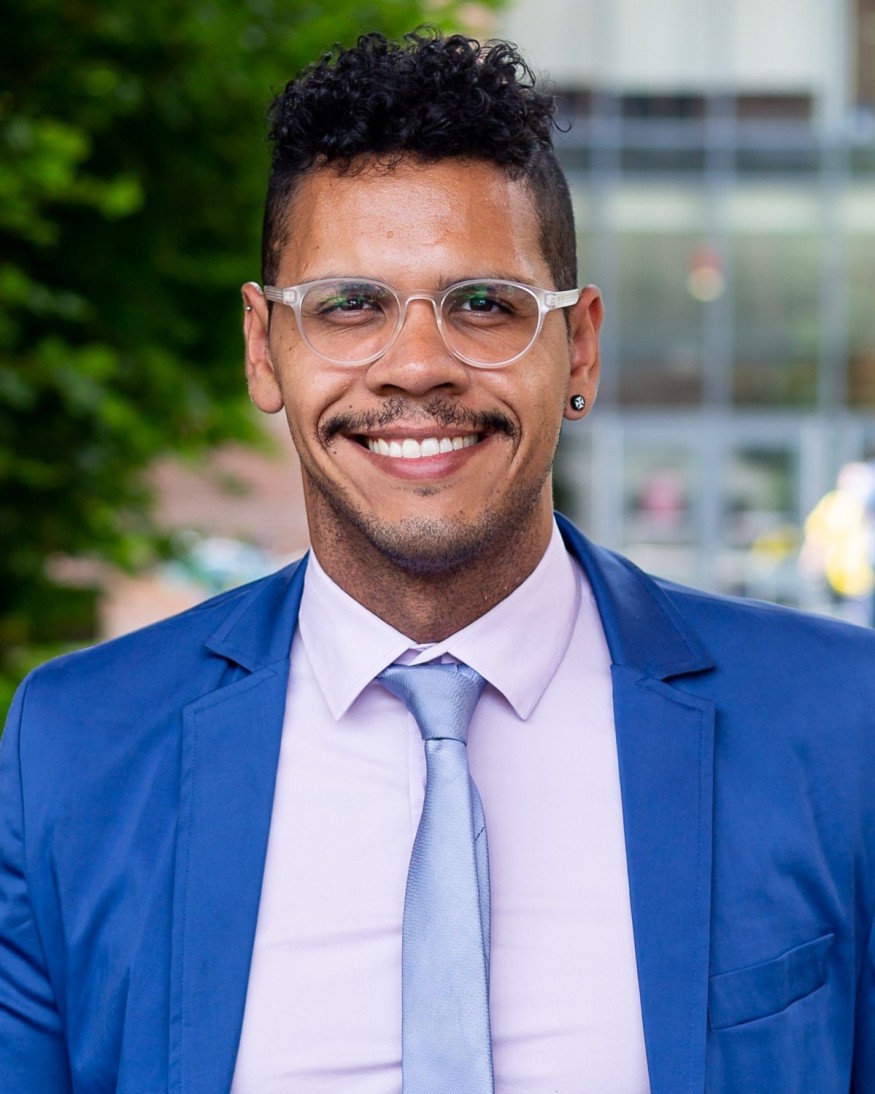
17 million households in the United States were uncertain of having or unable to acquire enough food to meet the needs of all their members, according to the latest data from the US Department of Agriculture[1]. Because of lack of financial or other resources for food, these families might have also experienced unbalanced diets, insufficient micro and/or macronutrient consumption, and other conditions that can lead to various health conditions.
Changing this scenario requires a combination of efforts to empower these households. And some have decided to dedicate their careers to creating this new reality. Leonardo Civinelli has accumulated over 13 years of experience in promoting equity and fighting poverty and hunger. Throughout his career, he created a career with the United Nations, worked for Nobel Peace Prize laureates such as the Grameen Bank and the World Food Programme, supported food security in countries like Yemen and the Democratic Republic of Congo, and more recently graduated from Harvard University's John F. Kennedy School of Government with a master's degree in public administration. Having developed a unique skill set and versatile expertise in promoting upward social mobility, this interview outlines some of the key insights and approaches that inspired his career path and serve as a role model for others interested in establishing themselves in this field.
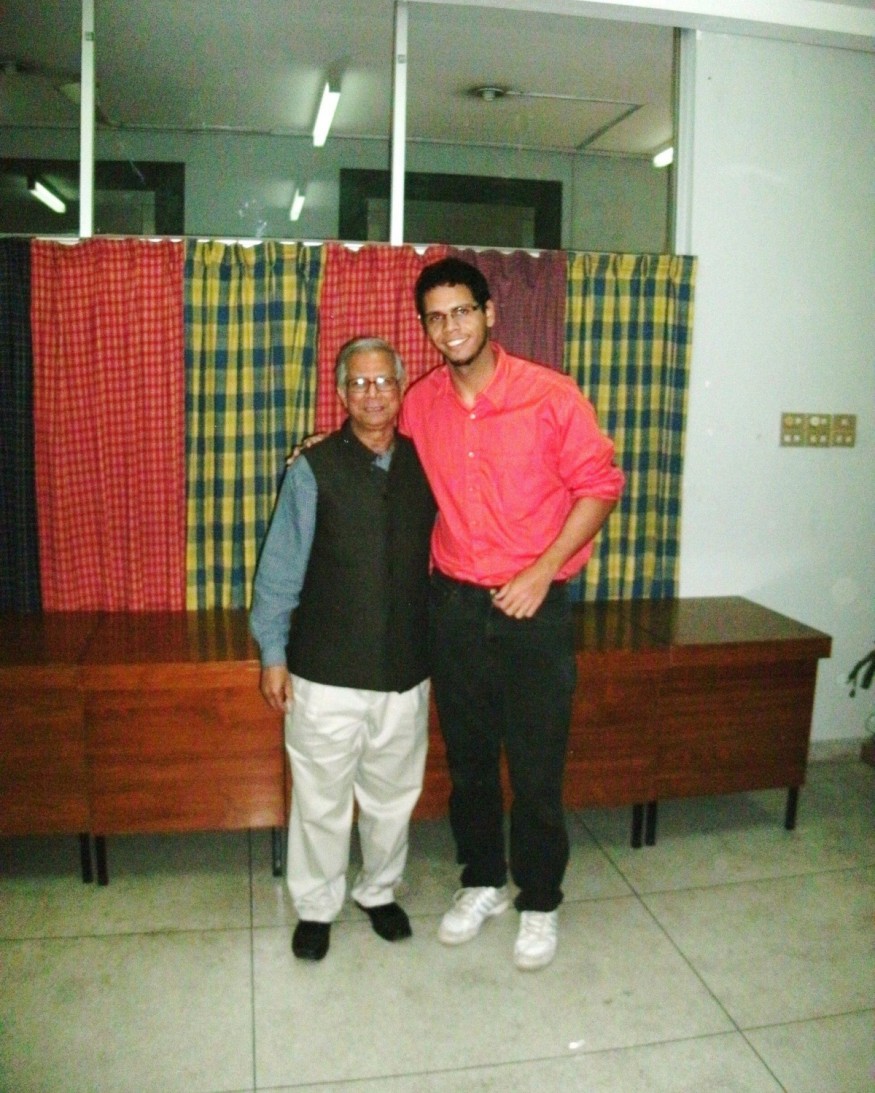
Q: How did your early life experiences shape your commitment to fighting hunger and poverty?
A: I was a newborn when my life changed with a single decision. Unable to provide for me, my mother put me up for adoption so I could live a better life. I was embraced by a loving couple who gave me the chance to grow up in a safe environment. In a middle-class family, I had opportunities rare for people in Brazil. In 2012, when I finally met my biological family, I understood how structural inequalities restrict a person's life prospects. We shared the same genes but lived completely different stories. I didn't have to work as a child. I could focus on my studies. I had a safe home. This realization drove me to make life outcomes less predictable based on factors like zip code, ethnicity, or parental education.
Q: How did your professional journey evolve from your initial passions to focusing on humanitarian work?
A: My journey began with a focus on things I enjoyed and felt passionate about. When I chose my undergraduate degree, I followed a passion for football (or soccer, depending on where you are from), reinforcing stereotypes about my home country; I expected my journalism background would allow me to follow my team and produce relevant content. It took me a few years at university to explore other ambitions I had. After volunteering for one of the world's largest student-led organizations, AIESEC, for a few years, my calling emerged from a deep-rooted rejection of hunger and poverty. I can't accept these realities, and while I may not witness the end of hunger or poverty in my lifetime, I find solace in knowing that my efforts contribute to a better future for the generations to come.
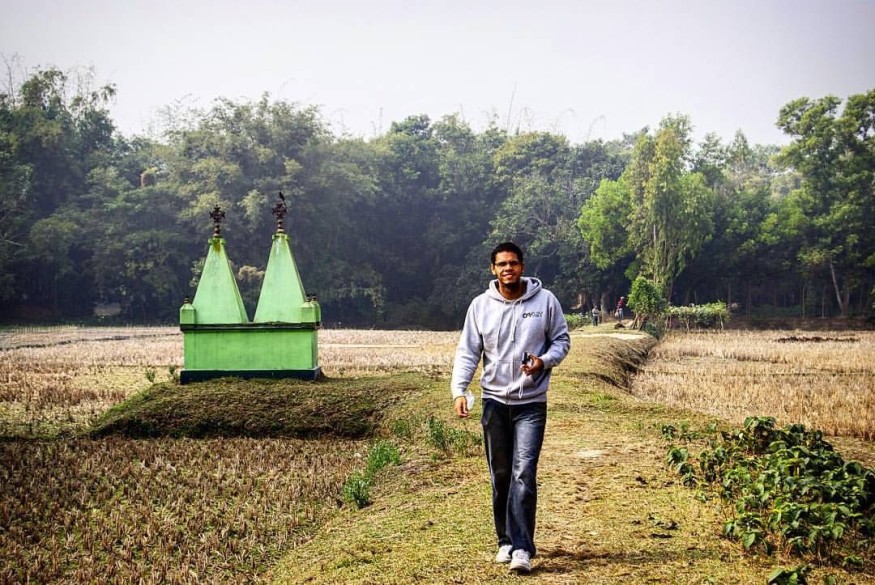
Q: How do you assess your own progress when working with hunger and poverty?
A: Since these are complex challenges, it is easy to feel overwhelmed by the amount of workload or to feel underwhelmed by how much you can influence this system. However, I try to keep objective measures of progress and evaluate my own contributions critically, usually every year. What milestones have I achieved? What went well? What could have been even better? Do I believe my efforts were employed satisfactorily in this organization? Do I believe I expressed my best characteristics to the cause? These are more general questions I ask myself in addition to the ones related to my salary, seniority, and more personal ambitions. For this, my first emergency deployment during Cyclone Idai in Mozambique in 2019 was a profound experience. I recall the sorrow I felt watching images of people holding on for their lives on trees and seeing their lifetime investments washed away by one of the worst climate-related disasters in decades. Focusing on a topic that is unlikely to be resolved within your lifetime can be challenging, but clarity of mind may allow you to perceive progress differently. It requires patience, resilience, and constantly assessing whether you are contributing to progress or not.
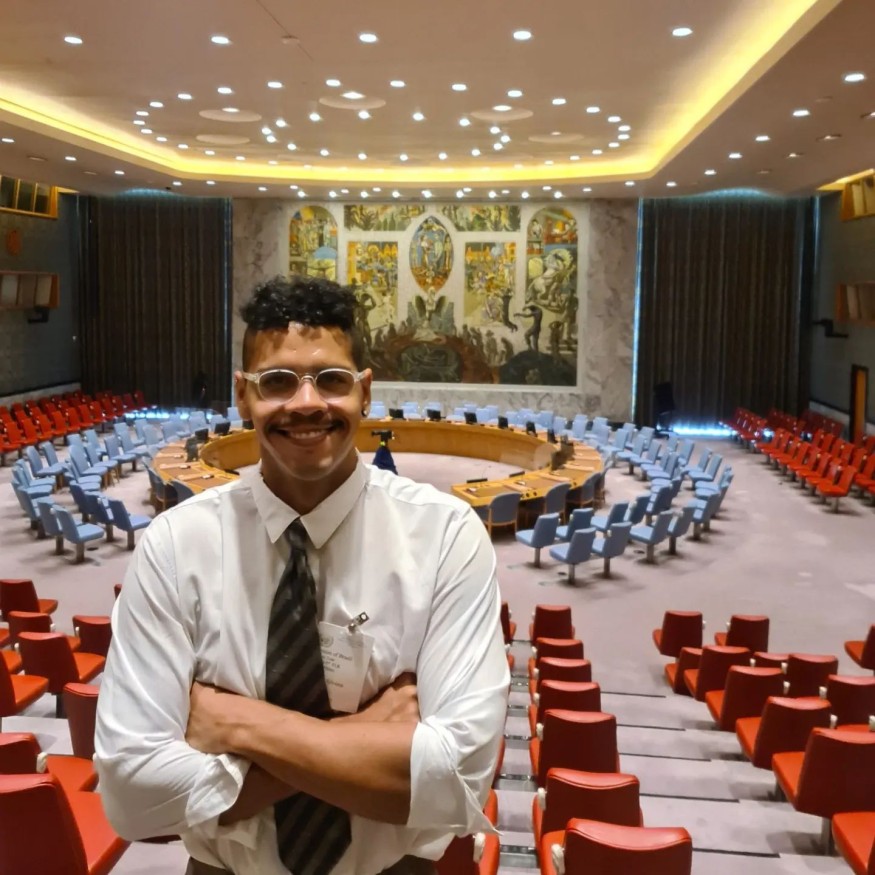
Q: How did your time at Harvard influence your understanding of systemic issues related to hunger and poverty?
A: When I came to study at Harvard, I had the chance to explore Ronald Heifetz's Adaptive Leadership framework. This set of ideas was profoundly transformative and, paired with a range of tools and analyses about creating and implementing good policies, was crucial for reassessing my own professional contributions throughout the years. For me, hunger is the ultimate failure of food-related systems. It is an unacceptable consequence of systemic failures. Understanding the key triggers of food insecurity—like peace and stability, socioeconomic outcomes, climate change, and historical disputes—allows for evaluating the most appropriate actions to influence that context.
Q: Can you provide an example of how you've navigated complex identities in your work?
A: One of my favorite professors at Harvard, Claude Bruderlein, once said: "In a negotiation, knowing that people do not trust you can be a great asset. This will give you predictability." The realization that you can turn something often labeled as inherently negative into a resource is crucial. As a child of Black descent with white adoptive parents, the feeling of "belonging" to the Black or Latino community became more prominent when I moved to Europe. When I worked as a Partnerships Officer for WFP in the Democratic Republic of Congo, my Blackness was denied; most people considered my expat privilege and my dark brown skin different from what I had experienced in my life. This disorienting experience expanded my views on my assumptions and required me to learn and unlearn ideas depending on the context. It showed that engaging non-defensively with various interpretations helps navigate different environments effectively.
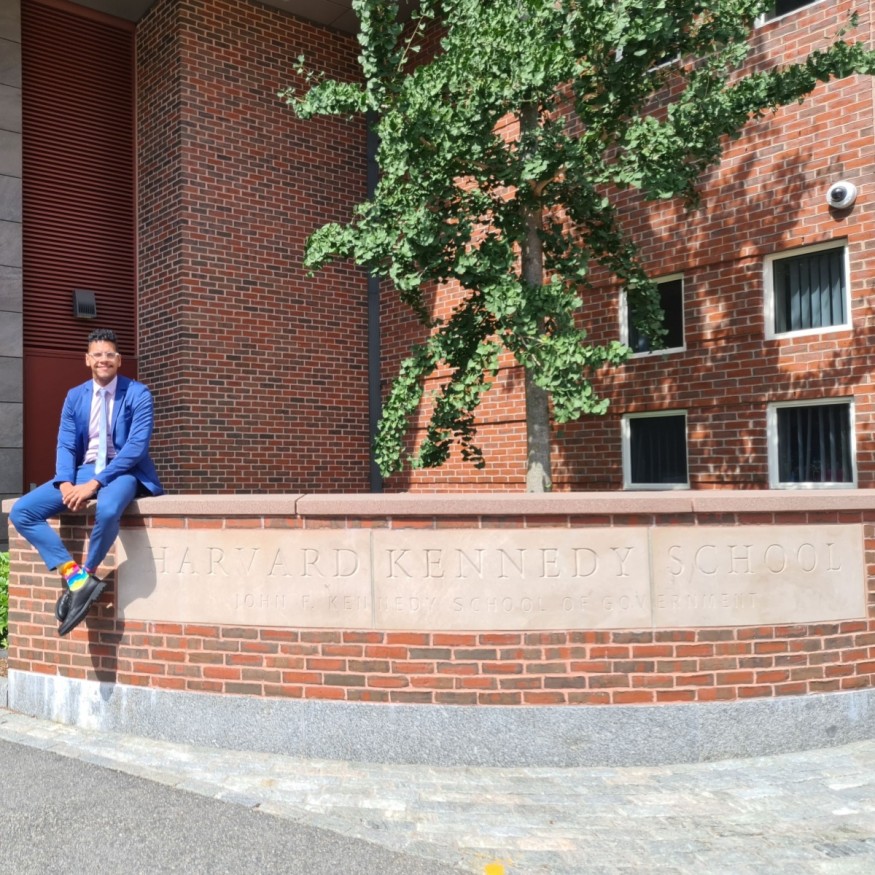
[1] Source: https://www.ers.usda.gov/topics/food-nutrition-assistance/food-security-in-the-u-s/key-statistics-graphics/












